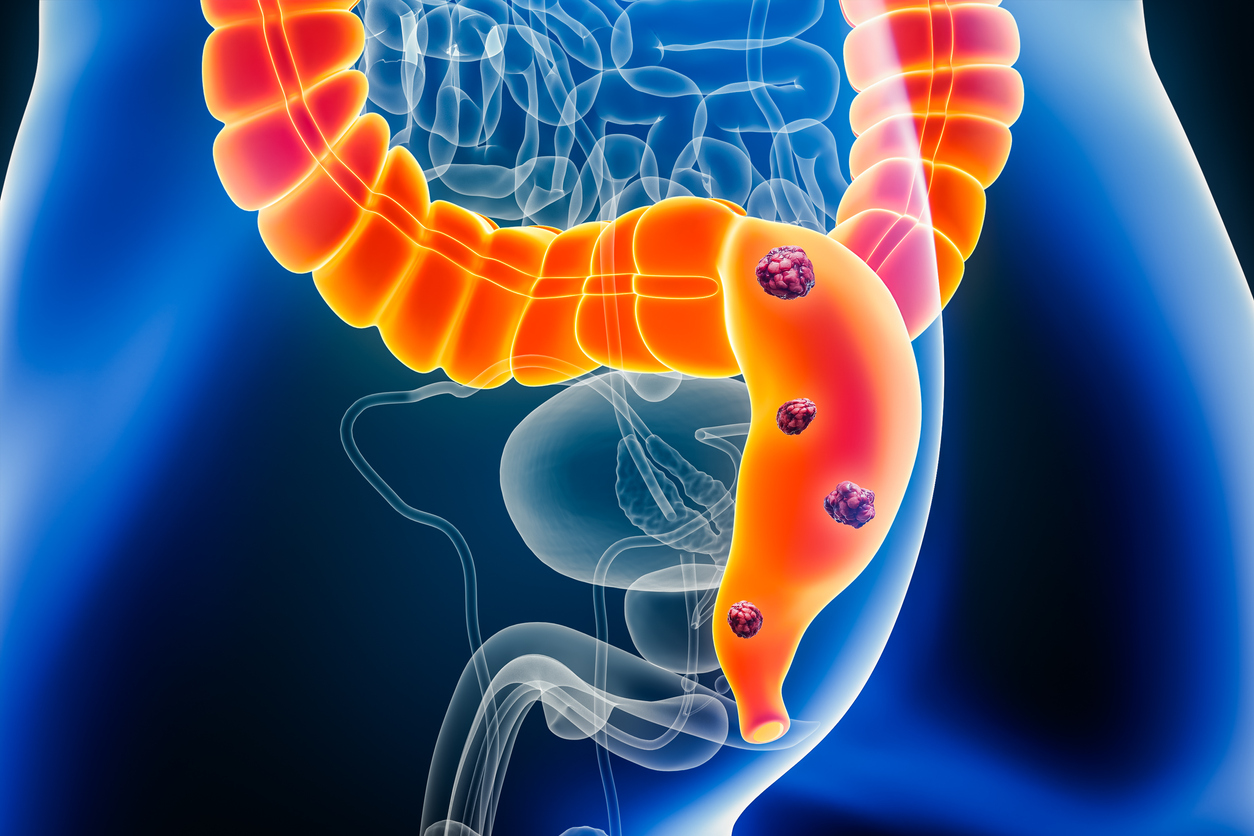2024-03-11
Epigenetics and angiogenesis in the tumor microenvironment
Oncology
In the randomized Phase 2 trial, investigators studied the efficacy of combining the monoclonal antibody sintilimab with the histone deacetylase inhibitor chidamide (HDACi) with or without the monoclonal antibody bevacizumab in patients with chemotherapy-refractory unresectable colorectal cancer with stable/effective microsatellite mismatch repair (MSS/pMMR). A total of 48 patients were randomly assigned to either the doublet arm (sintilimab and chidamide, n = 23) or the triplet arm (sintilimab, chidamide and bevacizumab, n = 25). The primary endpoint, progression-free survival at 18 weeks, was achieved in 43.8% of patients. The triplet group showed significantly improved results compared with the doublet group.

Last press reviews
Birch allergy: could one shot change everything?

#AllergicRhinoconjunctivitis #IgG4 #Allergoid #BirchPollen #Immunotherap...
Allergies: could the gut hold the key?

#SeasonalAllergicRhinitis #Probiotics #Prebiotics #GutMicrobiota...
Parkinson’s disease: bone health shouldn’t be overlooked

#ParkinsonsDisease #Osteoporosis #FractureRisk #FRAX #Prevention...